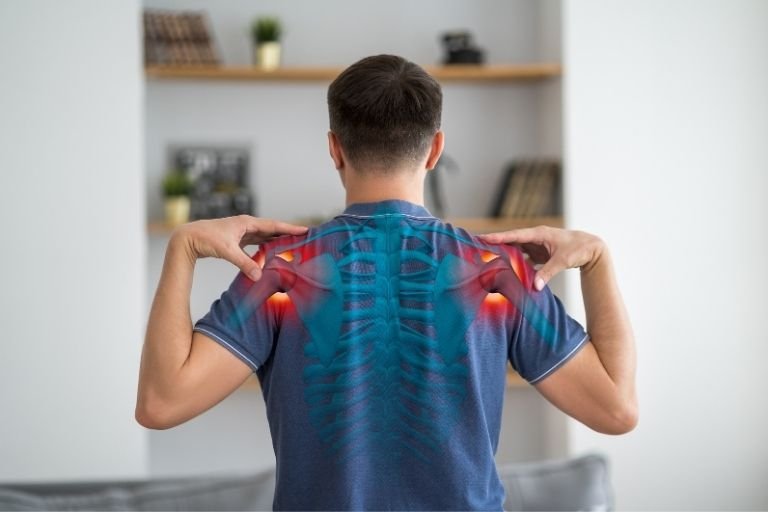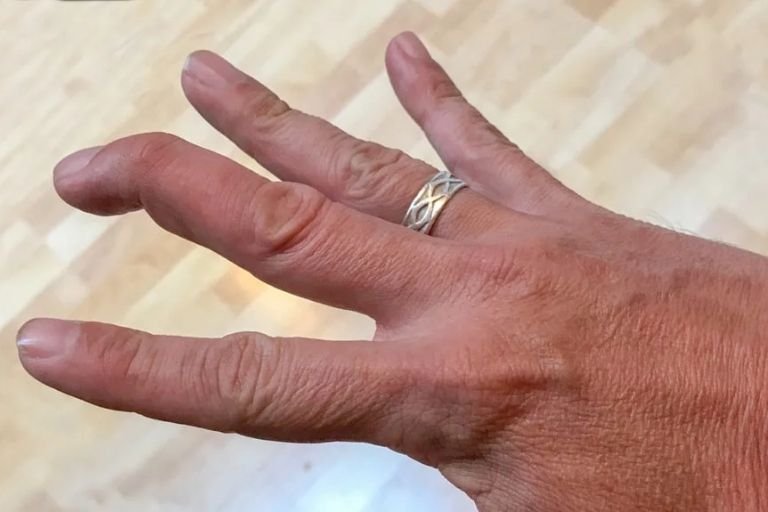- Fitwell Physiotherapy
Headache

Headaches are a common ailment experienced by people of all ages and backgrounds. They can range from mildly uncomfortable to severely debilitating, impacting daily activities and overall quality of life. Understanding the symptoms, causes, and available treatments is crucial for managing headaches effectively.
Please submit your details below.
Symptoms:
- Pain: Headaches typically involve pain in the head, which can vary in intensity, location, and duration.
- Sensitivity: Sensitivity to light, sound, or smells may accompany headaches.
- Nausea: Some individuals may experience nausea or vomiting during a headache episode.
- Aura: Certain types of headaches, such as migraines, may be preceded by visual disturbances known as auras.
Causes:
- Tension: Tension headaches are often caused by stress, poor posture, or muscle tension in the neck and shoulders.
- Migraine: Migraine headaches are believed to be caused by a combination of genetic, environmental, and neurological factors.
- Cluster: Cluster headaches are rare but extremely painful headaches that occur in cyclical patterns or clusters.
- Sinus: Sinus headaches result from inflammation or infection in the sinus cavities.
- Other Causes: Headaches can also be triggered by factors such as dehydration, caffeine withdrawal, hormonal changes, or certain foods and drinks.
When to See a Physiotherapist:
- Persistent Pain: If headaches persist despite over-the-counter treatments or lifestyle modifications, it’s advisable to consult a physiotherapist.
- Limited Mobility: Headaches accompanied by neck stiffness or limited range of motion may indicate underlying musculoskeletal issues that a physiotherapist can address.
- Recurring Episodes: Recurrent headaches, especially migraines or tension headaches, may benefit from physiotherapy interventions aimed at preventing future episodes.
Risks:
- Medication Overuse: Overuse of pain medications to manage headaches can lead to medication overuse headaches, which may require professional intervention to break the cycle.
- Impact on Daily Life: Chronic headaches can significantly impact daily activities, work performance, and emotional well-being if left untreated.
- Secondary Complications: In some cases, headaches may be a symptom of underlying health conditions that require medical attention.
Prevention:
- Stress Management: Practicing relaxation techniques, such as deep breathing, meditation, or yoga, can help reduce stress-related headaches.
- Healthy Lifestyle: Maintaining a balanced diet, staying hydrated, getting regular exercise, and prioritizing adequate sleep can help prevent headaches.
- Posture Correction: Improving posture and ergonomic workspace setups can reduce the risk of tension headaches caused by poor posture.
- Identifying Triggers: Keeping a headache diary to track triggers such as certain foods, environmental factors, or activities can help individuals avoid them.
Treatments:
- Physiotherapy: Physiotherapy techniques such as manual therapy, exercise prescription, and posture correction can effectively alleviate tension headaches and address underlying musculoskeletal issues contributing to headaches.
- Medications: Over-the-counter pain relievers, prescription medications, or preventive medications may be prescribed by a healthcare provider to manage headaches.
- Alternative Therapies: Acupuncture, chiropractic adjustments, massage therapy, and cognitive-behavioral therapy (CBT) are alternative therapies that some individuals find helpful for managing headaches.
- Lifestyle Modifications: Adopting healthy lifestyle habits, such as regular exercise, stress management, and adequate hydration, can complement other treatments and reduce the frequency and severity of headaches.
In summary, headaches are a common health concern with various causes and treatment options. Consulting a physiotherapist can be beneficial for individuals experiencing persistent or recurrent headaches, especially if they are accompanied by neck pain or limited mobility. Implementing preventive measures and seeking appropriate treatment can significantly improve headache management and overall well-being.
Frequently Asked Questions
Related Conditions
How Fitwell Physiotherapy Can Help?
Dr. Richa’s Fitwell physiotherapy has an extensive team of physiotherapists all within their own specialist areas of physiotherapy. Whatever your condition, we guarantee that we will have the best physiotherapist for you. We assess, diagnose, plan, cure and care for you.
Fitwell Physiotherapy Clinic, Pune provides you best physiotherapy treatment in Kharadi, pune. We also serve Chandan Nagar, Vadgaon Sheri, Keshav Nagar, Wagholi & nearby Areas in Pune. We are experts in treating Neck Pain, Hand Pain, Back Pain, Lower Back Pain, Knee Pain, Stiff Neck, Sciatica, Arthritis, Stroke Paralysis & Post Surgical Rehab.
We provide Specialized physiotherapy treatments in Sports Injuries, Pre and post Surgery, Neurologic, Pediatric, Chronic Pain/Fatigue, Rheumatology, Women’s Health, Men’s Health, Ergonomics, Vestibular, Amputees & all sort of Pain treatment and lifestyle conditions.

































































































